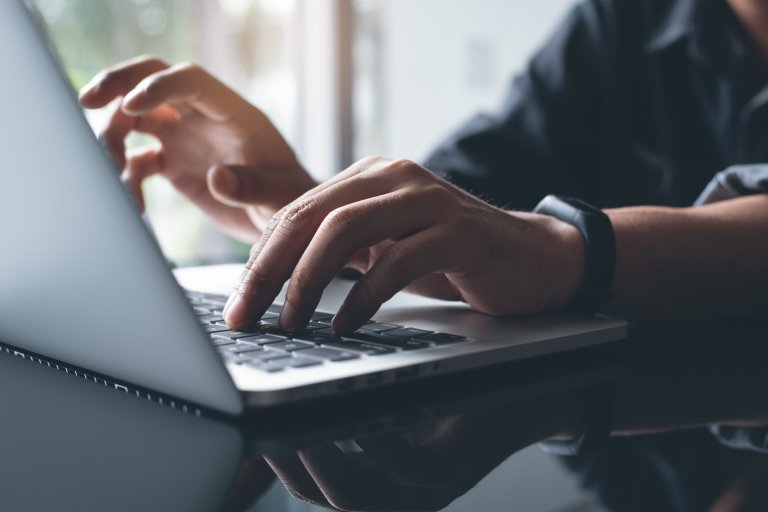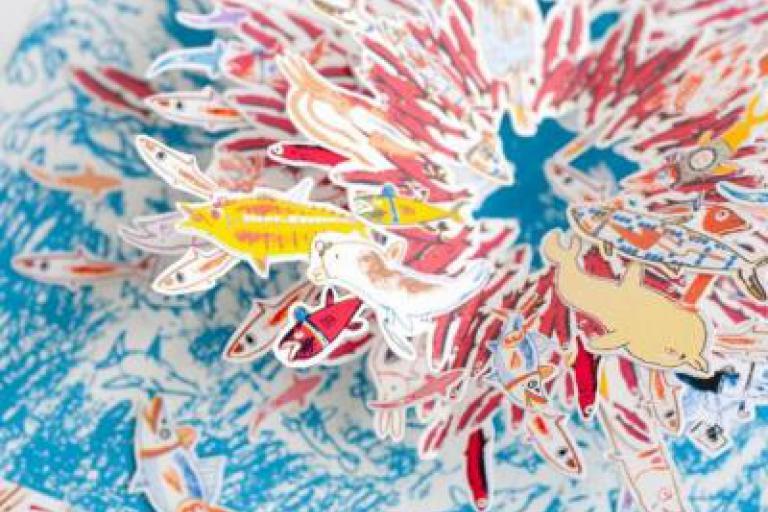Operating under a licence allows you to make use of copyrighted works without having to seek any further permissions.
Below are some of the relevant licences you can use and you are likely to make use of in your studies.
Falmouth University holds a Copyright Licensing Agency [CLA] Licence. This allows copying for personal use (and for use in classes) from books, magazines, journals and websites, within limits.
This licence doesn't cover every book, and you can check online exactly what is covered in the CLA licence.
You can copy whichever is greater of 10% OR
-
one chapter of a book
-
one article of a magazine/journal issue
-
one scene from a play
-
one paper from a set of conference proceedings
-
one report of a single case from a report of judicial proceedings
-
one short story or poem or play of not more than 10 pages from an anthology
Falmouth University holds an ERA licence. This allows recordings to be made of television, radio and internet broadcasts for educational purposes.
Please note that the ERA Licence only allows recordings to be viewed within the UK - if you are outside the UK, you will not be able to access these recordings.
You can access these recordings via
- Box of Broadcasts (from here you can request and access recordings from a range of TV and radio channels)
- Library Search (refine your search to Video Search to access recordings held within the library's collections)
Each online resource you use, such as an online book, journal, or database, is governed by a licence, signed by Falmouth University. In some cases you can see terms and conditions on the website you are using, or you are asked to agree to them when you sign in.
If you're unsure what you can do, please contact The Library.
In general, the following points apply:
-
the Library’s online resources are available for you to use personally for non-commercial and educational purposes only.
-
you must not systematically download the contents of a resource for any purpose.
-
you must not download and redistribute materials to others, either in printed form, by email or via social networking sites, or by uploading to document sharing sites.
Creative Commons (CC) licences are used by many education providers, creators and others to give a clear indication to the public about how works can be used in terms of copying, attribution, commercial use and modification.
There are several different licences, so check carefully what is allowed - and think about using these licences for your own work!
The Creative Commons website allows you to search for images with CC licences.
PVSL This is issued by Filmbank Distributors Limited
In addition, where a film is shown with the musical soundtrack, a PRS for Music Licence may be needed

